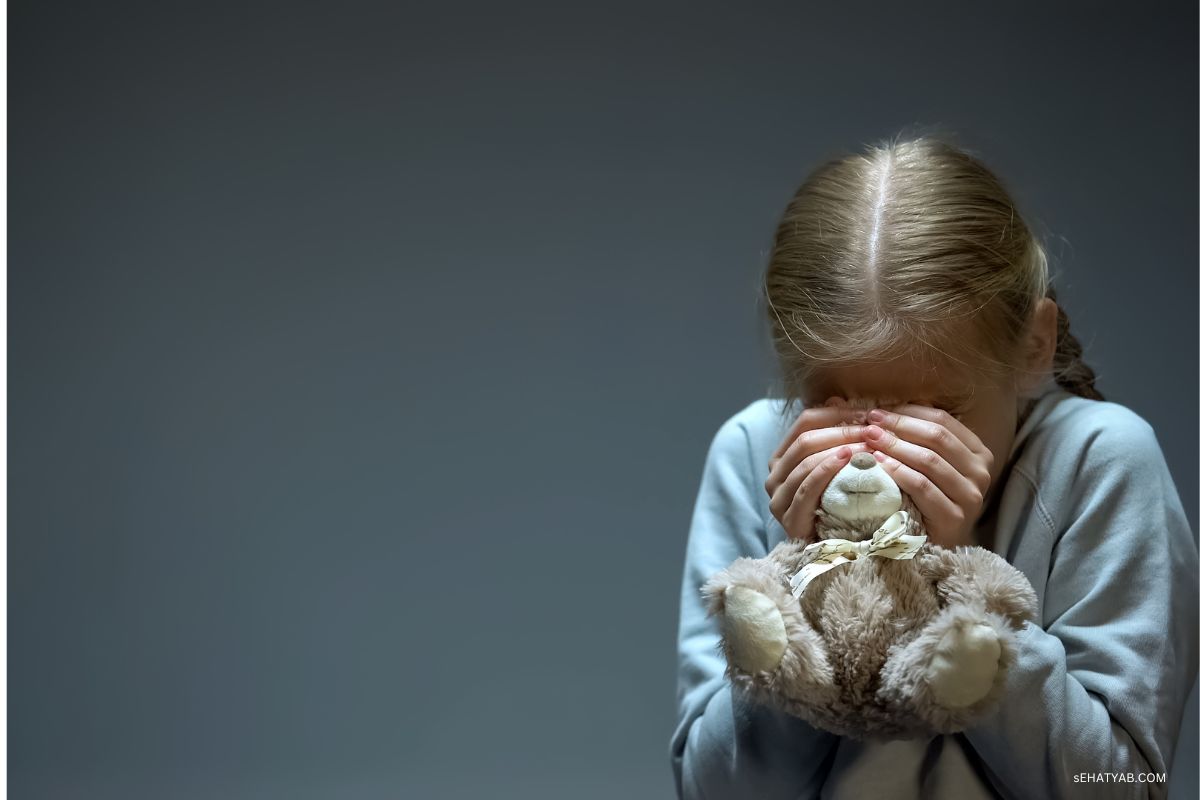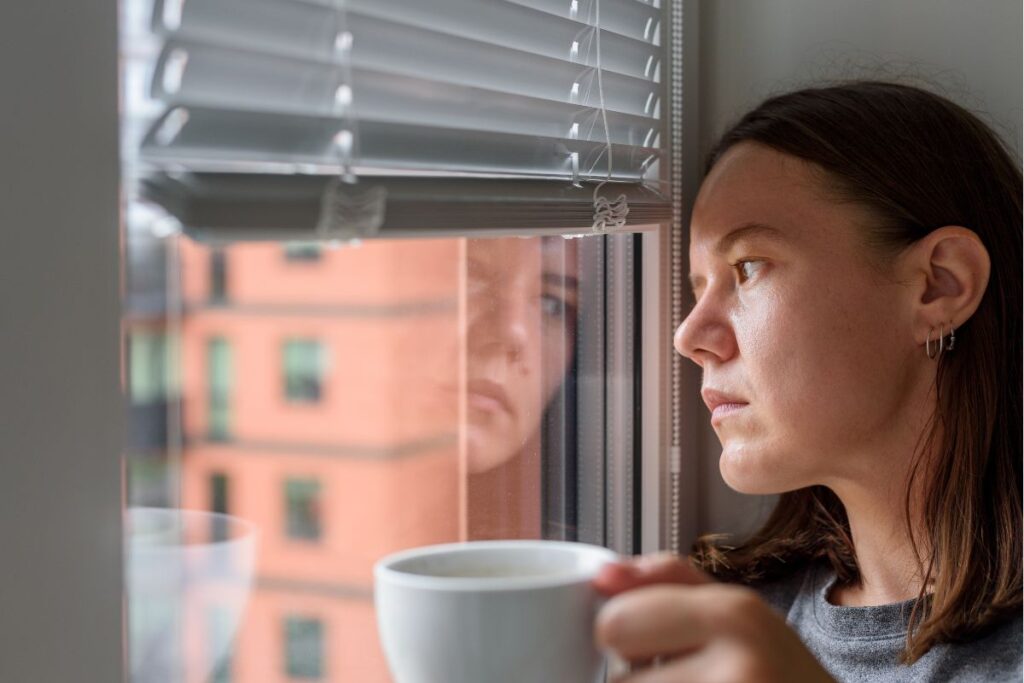Phobia (an irrational fear) is the most common issue among individuals in the world including Pakistan. Most people misunderstand and neglect the phobia but its presence can’t be denied.
This is going to be a detailed article about types of phobias, causes, and treatment options. We are going to understand the five most common phobias in Pakistan, their impact on individuals’ lives, and how phobias can be treated effectively. Raising awareness on such topics is important so individuals can analyze which type of phobia they are suffering from and which actions should be taken to treat it properly.
Types of Phobia
Although many types of phobias are new for most people, here are the most common phobias found in Pakistan.
1- Social Phobia (Social Anxiety Disorder)

What is Social Phobia?
Social phobia or social anxiety disorder is the intense fear found in Pakistan which is the fear of being judged, misunderstood, or humiliated in social situations. People with social phobia avoid public speaking, attending events, or even going to school/work. There are many individuals suffering from social phobia who often feel isolated and misunderstood.
Causes of Social Phobia
Causes of types of Phobia – Social Phobia could be genetics, past traumas, social experience, or low self-esteem. In Pakistan, social pressures, cultural expectations, and fear of misunderstanding from family may develop a social phobia in an individual.
Symptoms of Social Phobia
Common symptoms to recognize the social phobia are:
- Fear of public speaking, meeting new people
- Avoiding eye contact
- Rapidly increased heartbeat in social situations, start legs shaking and sweating
- Avoiding every type of social interactions
Treatment Options
Social phobia is treatable with medications or therapies, CBT(Cognitive Behavioral Therapy) is the most effective method to let people control their minds and not let negative thoughts disturb their peace. Taking anti-anxiety medications could also do wonders and getting help from online psychologists in Pakistan is also gaining popularity nowadays. It allows individuals to share their experiences, and recommend therapies so individuals can live happy and confident lives.
2- Claustrophobia (Fear of Enclosed Spaces)

What is Claustrophobia?
Claustrophobia is the type of phobia in which an individual has a fear of being trapped in an enclosed space. It could be triggered via elevators, crowded rooms or even wearing tight clothes. In Pakistan, many people experience this phobia because of crowded public transport systems.
Causes of Claustrophobia
This phobia could be developed because of any traumatic event like being trapped in a small space in childhood or experiencing a panic attack in a similar situation.
Symptoms of Claustrophobia
Symptoms of Claustrophobia are:
- Panic attacks when entering elevators or small rooms
- Feeling of suffocation
- Urge to escape from enclosed spaces
Treatment Options
Claustrophobia can be managed via explore therapy, in which individuals slowly experience enclosed space in a controlled environment. They learn how to react after facing their fear over time. Relaxation and mindful techniques are also so beneficial in managing their anxiety. In Pakistan, Sehatyab provides access to online psychologists in Pakistan to get personalized therapy without leaving the home.
3- Arachnophobia (Fear of Spiders)

What is Arachnophobia?
Arachnophobia is the fear of spiders and other arachnids like scorpions. Although spiders are not very common in urban Pakistan, in rural areas there could be many spiders. The person with Arachnophobia could get a panic attack by just a single sight of spiders.
Causes of Arachnophobia
It can be developed from a negative experience with spiders or cultural associates who consider spiders to be dangerous. In Pakistan, traditional stories and superstitions can fuel their fear, particularly in younger individuals.
Symptoms of Arachnophobia
- Panic attacks upon seeing spiders or even their webs
- Avoiding the area where spiders live
- Physical reactions like swearing, increased heart rate, etc
Treatment Options
Arachnophobia could be treated with CBT which helps individuals challenge their fear of spiders and face them. Gradually showing pictures or videos can also help in facing and reducing their fear. In some cases, virtual reality could help in facing and conquering fear in a controlled environment. This type of treatment could be taken from Online psychiatrists in Pakistan or visit the clinic as well.
4- Agoraphobia (Fear of Open or Public Spaces)
 What is Agoraphobia?
What is Agoraphobia?
Agoraphobia is the type of phobia in which an individual has a fear of being in open places mostly where escape could be difficult like crowded areas. Individuals feel unsafe and prefer to stay at home. Mostly these individuals don’t attend huge gatherings, crowded events, or even daily activities like shopping.
Causes of Agoraphobia
It can develop after experiencing panic attacks in public places once in life. Afterward, the fear of having another panic attack in a similar situation grows Agoraphobia in individuals and becomes a part of their personality. In Pakistan, many individuals face this phobia because of a lack of infrastructure and safety in crowded places.
Symptoms of Agoraphobia
Some symptoms of Agoraphobia are:
- Avoiding leaving the houses and entering open spaces
- Fear of being trapped in open places like malls and markets
- Fear of being in a situation where escape is not immediately possible
Treatment Options
Like other phobias, agoraphobia is treated with therapies and medications. Exposure therapy, CBT techniques, and anti-anxiety medicines could do wonders for individuals having Agoraphobia. Individuals could book their online depression treatment in Pakistan or visit the clinic and get a consultation from mental health experts.
5- Mysophobia (Fear of Germs)

What is Mysophobia?
Mysophobia, or the fear of germs develops when individuals start concerning too much about cleanliness. In Pakistan, hygiene standards vary between urban and rural areas, individuals with Mysophobia feel compelled to wash their hands more often, avoid touching public things, and also avoid eating outside.
Causes of Mysophobia
This phobia develops after expenses from some severe illness. The recent COVID-19 has further highlighted germ-related anxiety across the globe including in Pakistan. Many individuals started concerning about cleanliness which in the end turned into mysophobia
Symptoms of Mysophobia
Some easy-to-recognize symptoms of misophonia are:
- Excenne handwashing
- Avoid public places
- Anxiety when thinking about germs and viruses
Treatment Options
Mysophobia is often treated with CBT and exposure techniques help individuals confront their fear in manageable steps.
Why Choose SehatYab – Your Trusted Mental Health Partner
Whether you are experiencing any type of phobia or going through mental health issues, Sehatyab is always here to provide professional support. At Sehatyab, we understand the condition when going through phobia or panic attacks. That’s why we tried our best to make access to mental health professionals available to everyone possible. Now, regardless of age, gender, or location, individuals can book their consultation from Sehatyab by visiting the website email, or phone and can access certified mental health experts.
Conclusion
Any type of phobia can affect an individual life which makes him/her depressed, and anxious. In Pakistan where mental health is not very common, many individuals feel hesitant to seek professional help and their phobia and mental illness often go untreated and unrecognizable. By reading the above article, now individuals could understand the phobia, its symptoms, and how they can treat them. For online consultation, you contact Sehatyab to treat your phobia properly by learning techniques to control your mind and negative thoughts.




 What is Agoraphobia?
What is Agoraphobia?